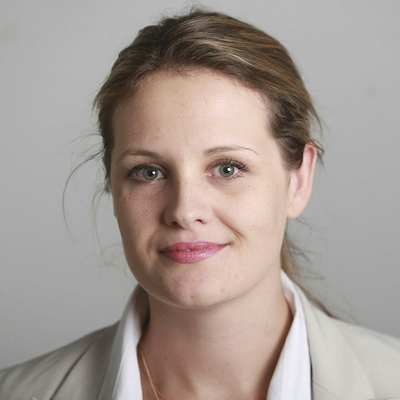Standing up to the “brown discount”
In a recent episode of Latina to Latina, hosted by MSNBC anchor Alicia Menendez and produced by my company, LWC Studios, Hollywood powerhouse America Ferrera says this about working in the industry: “The message is, ‘Be grateful you’re in the room, and don’t challenge anybody’…That’s not in my DNA.” She’s talking about the many film and television pitching rooms she’s been in where mostly-white high-powered executives give creatives of color a not-so-subtle message: “Good for you! You’re so lucky to just be in the room with us!”
This undermining tone are among the microaggressions people of color experience across all industries, but especially in creative ones. It’s starting to show up regularly in my beloved medium, podcasting. We must adopt a collective imperative to name it and address it.
Ferrera has already come up with a moniker I like. “I’ve now coined the phrase ‘brown discount,’” she says in the episode. “It’s one thing to get a yes, but there is a way in which our yeses generally come packaged, and they’re often at a discount, and they’re often less money.”
She’s talking about it from a TV and film creator’s point of view, from her experience as one of many Latina producers helming projects who often receive low-ball offers compared to non-POC creators. But you don’t have to be drawing up multi-million dollar film budgets to get the point.
PoC independent podcast producers like me experience “the brown discount” regularly. It usually shows up in the form of a very flattering email invitation to speak at an event, moderate a panel, write an article, or participate in a high-level brainstorming session. There’s no mention of a fee. The pitch alludes in some way to the prestige conferred by merely being invited. It touts the other stellar people who’ll be participating. And it almost always requires a quick decision on our part.
It’s gotten so bad that I have scripted language I sometimes share with mentees and colleagues:
“Thanks for thinking of me. This sounds great…”
“What do you usually pay people for this?”
“What’s the honorarium for this?”
“What is the speaker fee for this?”
“My usual rate for this is [insert fee].”
“My standard rate for this type of event is [insert fee].”
“For digital events, I usually get paid [insert fee].”
“For live events that require travel, I usually get paid [insert fee].”
“When I did something similar at [insert event], I was paid [insert fee].”
Having scripted responses may seem extreme, but money is already such a taboo subject, and creators are asked for free labor so often, that having something ready to copy/paste into an email reduces the emotional burden inherent in having to advocate for yourself repeatedly.
In my experience, one of two things will happen in the follow-up email. The person will come back to you with an amount that matches or comes close to what you’ve asked. Or they’ll say they don’t have a budget for the event and ask you to recommend someone else they can reach out to.
In the first instance, I tend to shake my head before replying. (Why not offer the fee or be upfront about not having one in the first email?) In the second, I pass using one of these phrases:
“Thanks for letting me know. I’ll have to pass this time. Have a wonderful event.”
“Thanks for the quick reply. I’m going to pass this time, but if you have a budget for the next time, I’d love to be considered.”
“I really appreciate you reaching out, but preparing for something like this usually requires [insert number] hours of my time. So I can’t participate without being compensated.”
“I really appreciate you asking, but I’m going to pass. And I can’t recommend anyone, since you’re not compensating people for their time.”
The exchanges are typically cordial and quick. In some instances, I’ve heard back from folks later, when they’re able to pay participants. But in the serenity of my home office, I start to audibly question the person’s thought process: So you think I [or insert creator of color] am someone who has something to say? You think my work is worth discussing? You find my ideas worthwhile? You believe your audience/community/organization might benefit from my participation? Cool, cool. So why would you think it’s okay not to pay me?
And that’s usually where I get stuck in trying to rationalize the invitation from their side.
Before I go on, let me address some of the top counter arguments.
Everyone does stuff for free for the exposure and to build relationships.
This is a class-based argument that doesn’t take into account how much more work and sacrifice it takes for a WOC to reach higher in media, journalism, and entertainment fields. It also ignores the fact that WOC earn as little as .46 cents (Latinas) for every dollar that white men make. So a no-fee invite actually creates a financial deficit for the person: she loses hours of productive, remunerable work for which she would have already earned less.
What’s the big deal? It’s just an hour of your time.
No, it’s not. The session might be an hour, but a good panelist prepares in advance. Most invitations now also entail a prep call and/or a tech check. One hour easily turns into three hours. And that’s before we get to the years spent gaining the experience and expertise to get invited. Basically, the fee is for having put in the time to become an asset for your event.
The exposure and contacts could lead to something great.
ATMs do not accept hope as currency.
So how do we begin to address this “brown discount”? Here are my top suggestions:
- Pay people, everyone, for their time.
- Be upfront about whether or not you can pay. Don’t make us ask.
- If you can’t, offer a tangible benefit — like a year-long membership to your organization, a multi-year subscription to your publication, one-on-one coaching from an in-house expert, an article about them and their work in your large newsletter, free admission to your next conference, etc.
- Ask us for other suggestions to compensate us for our time.
In case it needs to be said, I have participated in many events for free, and through them I’ve learned a lot and made great connections. So I’m not discounting (pun intended) the value of these invitations. What I’m asking is that we commit to compensating everyone — and especially creators who overcame greater odds and faced bigger obstacles — so that we, as an industry, don’t drain our enormous talent pool.
Juleyka Lantigua is founder and CEO of LWC Studios.

In a recent episode of Latina to Latina, hosted by MSNBC anchor Alicia Menendez and produced by my company, LWC Studios, Hollywood powerhouse America Ferrera says this about working in the industry: “The message is, ‘Be grateful you’re in the room, and don’t challenge anybody’…That’s not in my DNA.” She’s talking about the many film and television pitching rooms she’s been in where mostly-white high-powered executives give creatives of color a not-so-subtle message: “Good for you! You’re so lucky to just be in the room with us!”
This undermining tone are among the microaggressions people of color experience across all industries, but especially in creative ones. It’s starting to show up regularly in my beloved medium, podcasting. We must adopt a collective imperative to name it and address it.
Ferrera has already come up with a moniker I like. “I’ve now coined the phrase ‘brown discount,’” she says in the episode. “It’s one thing to get a yes, but there is a way in which our yeses generally come packaged, and they’re often at a discount, and they’re often less money.”
She’s talking about it from a TV and film creator’s point of view, from her experience as one of many Latina producers helming projects who often receive low-ball offers compared to non-POC creators. But you don’t have to be drawing up multi-million dollar film budgets to get the point.
PoC independent podcast producers like me experience “the brown discount” regularly. It usually shows up in the form of a very flattering email invitation to speak at an event, moderate a panel, write an article, or participate in a high-level brainstorming session. There’s no mention of a fee. The pitch alludes in some way to the prestige conferred by merely being invited. It touts the other stellar people who’ll be participating. And it almost always requires a quick decision on our part.
It’s gotten so bad that I have scripted language I sometimes share with mentees and colleagues:
“Thanks for thinking of me. This sounds great…”
“What do you usually pay people for this?”
“What’s the honorarium for this?”
“What is the speaker fee for this?”
“My usual rate for this is [insert fee].”
“My standard rate for this type of event is [insert fee].”
“For digital events, I usually get paid [insert fee].”
“For live events that require travel, I usually get paid [insert fee].”
“When I did something similar at [insert event], I was paid [insert fee].”
Having scripted responses may seem extreme, but money is already such a taboo subject, and creators are asked for free labor so often, that having something ready to copy/paste into an email reduces the emotional burden inherent in having to advocate for yourself repeatedly.
In my experience, one of two things will happen in the follow-up email. The person will come back to you with an amount that matches or comes close to what you’ve asked. Or they’ll say they don’t have a budget for the event and ask you to recommend someone else they can reach out to.
In the first instance, I tend to shake my head before replying. (Why not offer the fee or be upfront about not having one in the first email?) In the second, I pass using one of these phrases:
“Thanks for letting me know. I’ll have to pass this time. Have a wonderful event.”
“Thanks for the quick reply. I’m going to pass this time, but if you have a budget for the next time, I’d love to be considered.”
“I really appreciate you reaching out, but preparing for something like this usually requires [insert number] hours of my time. So I can’t participate without being compensated.”
“I really appreciate you asking, but I’m going to pass. And I can’t recommend anyone, since you’re not compensating people for their time.”
The exchanges are typically cordial and quick. In some instances, I’ve heard back from folks later, when they’re able to pay participants. But in the serenity of my home office, I start to audibly question the person’s thought process: So you think I [or insert creator of color] am someone who has something to say? You think my work is worth discussing? You find my ideas worthwhile? You believe your audience/community/organization might benefit from my participation? Cool, cool. So why would you think it’s okay not to pay me?
And that’s usually where I get stuck in trying to rationalize the invitation from their side.
Before I go on, let me address some of the top counter arguments.
Everyone does stuff for free for the exposure and to build relationships.
This is a class-based argument that doesn’t take into account how much more work and sacrifice it takes for a WOC to reach higher in media, journalism, and entertainment fields. It also ignores the fact that WOC earn as little as .46 cents (Latinas) for every dollar that white men make. So a no-fee invite actually creates a financial deficit for the person: she loses hours of productive, remunerable work for which she would have already earned less.
What’s the big deal? It’s just an hour of your time.
No, it’s not. The session might be an hour, but a good panelist prepares in advance. Most invitations now also entail a prep call and/or a tech check. One hour easily turns into three hours. And that’s before we get to the years spent gaining the experience and expertise to get invited. Basically, the fee is for having put in the time to become an asset for your event.
The exposure and contacts could lead to something great.
ATMs do not accept hope as currency.
So how do we begin to address this “brown discount”? Here are my top suggestions:
- Pay people, everyone, for their time.
- Be upfront about whether or not you can pay. Don’t make us ask.
- If you can’t, offer a tangible benefit — like a year-long membership to your organization, a multi-year subscription to your publication, one-on-one coaching from an in-house expert, an article about them and their work in your large newsletter, free admission to your next conference, etc.
- Ask us for other suggestions to compensate us for our time.
In case it needs to be said, I have participated in many events for free, and through them I’ve learned a lot and made great connections. So I’m not discounting (pun intended) the value of these invitations. What I’m asking is that we commit to compensating everyone — and especially creators who overcame greater odds and faced bigger obstacles — so that we, as an industry, don’t drain our enormous talent pool.
Juleyka Lantigua is founder and CEO of LWC Studios.
Jesenia De Moya Correa
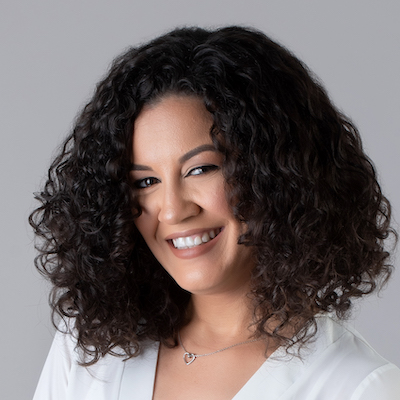
Sarah Marshall

Paul Cheung

Ståle Grut

Burt Herman
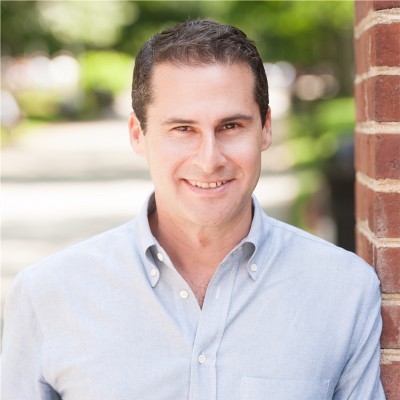
A.J. Bauer

Chase Davis

Anthony Nadler

Cindy Royal

Joanne McNeil

Robert Hernandez
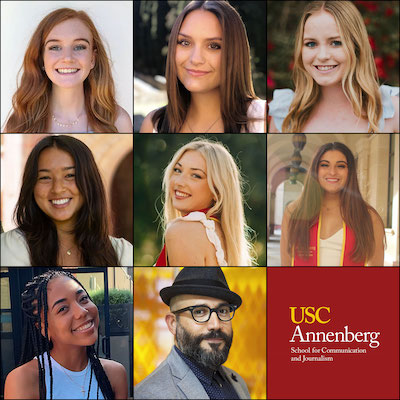
Janelle Salanga

Matt DeRienzo

Joy Mayer

Larry Ryckman

David Cohn

Mario García
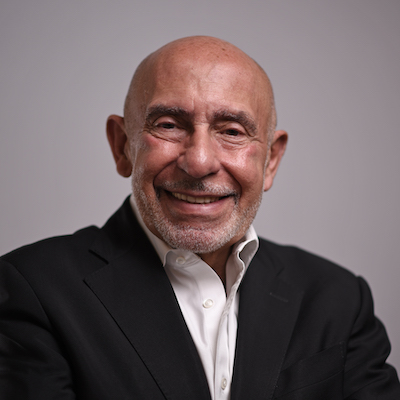
Amy Schmitz Weiss
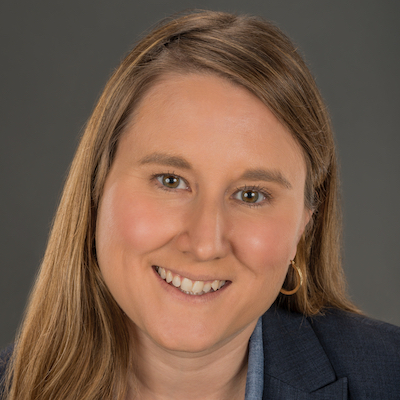
Simon Allison

AX Mina

Tom Trewinnard

Eric Nuzum

Joni Deutsch

Brian Moritz

Julia Angwin
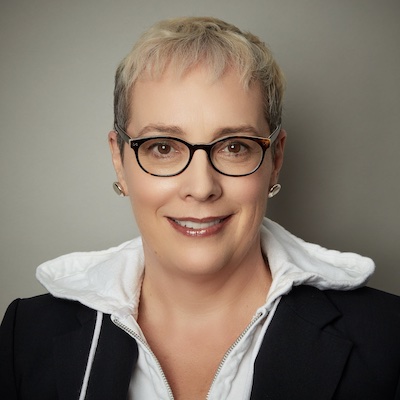
Melody Kramer

Richard Tofel

Matt Karolian
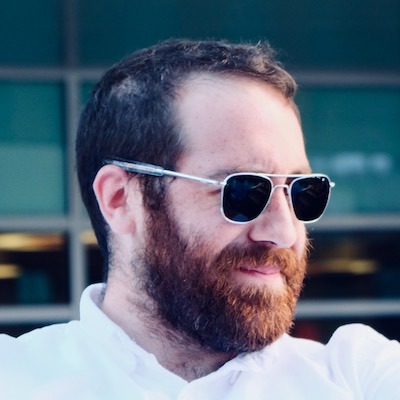
James Green

Alice Antheaume

Jonas Kaiser

Tamar Charney
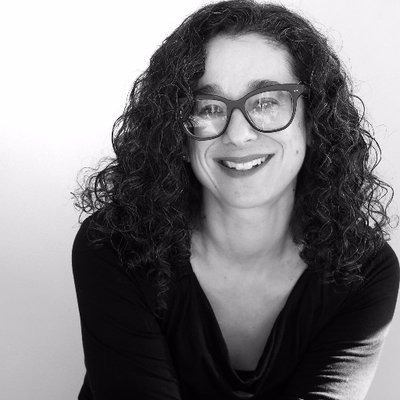
Andrew Freedman

Wilson Liévano
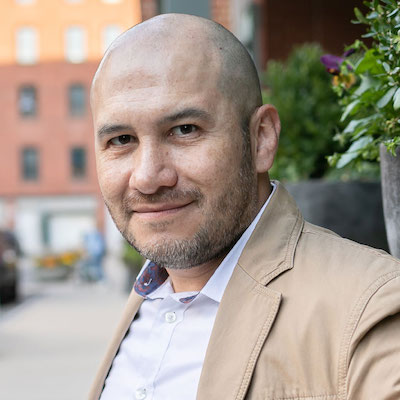
Meena Thiruvengadam
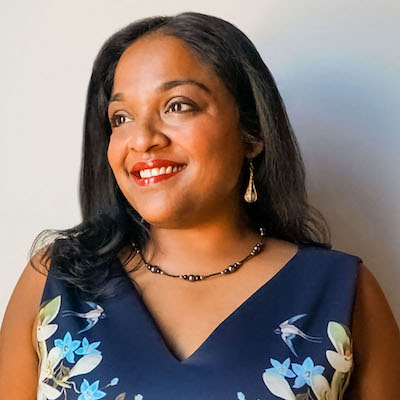
Chicas Poderosas

Michael W. Wagner

Sam Guzik

Anita Varma

Matthew Pressman

Kristen Jeffers
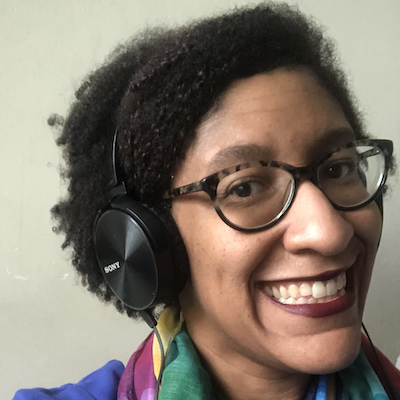
Simon Galperin

Catalina Albeanu

Parker Molloy

Rasmus Kleis Nielsen

Errin Haines

Kendra Pierre-Louis

Don Day

Millie Tran

Mary Walter-Brown

John Davidow

Natalia Viana

Julia Munslow

Jody Brannon

Tony Baranowski

Daniel Eilemberg

Mandy Jenkins

Ariel Zirulnick

Joshua P. Darr

Kerri Hoffman
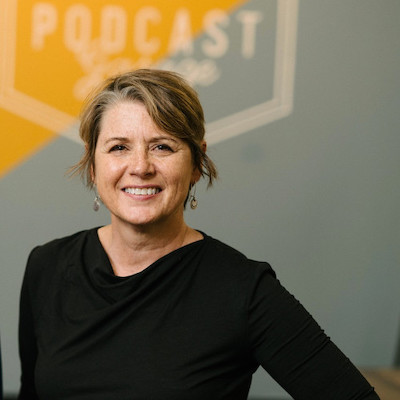
Francesco Zaffarano

Mike Rispoli

Stephen Fowler

Nikki Usher

Christina Shih

Victor Pickard

Megan McCarthy

Doris Truong
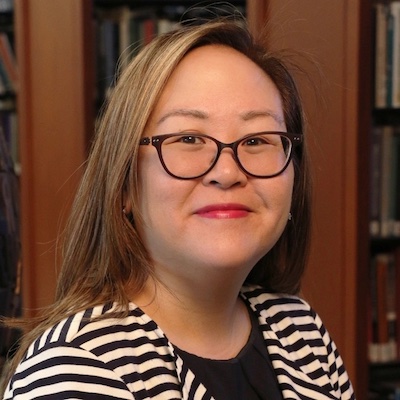
Gabe Schneider

David Skok

j. Siguru Wahutu
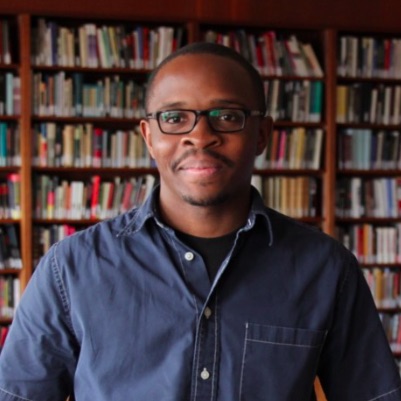
Jim Friedlich

Whitney Phillips

Jesse Holcomb

Shalabh Upadhyay
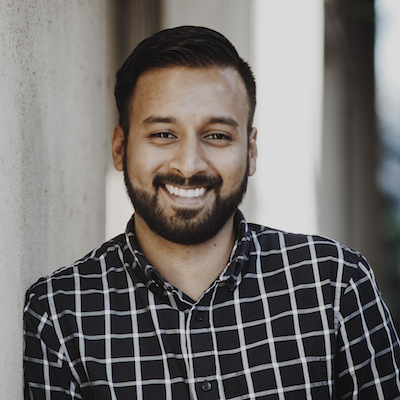
Joe Amditis

Jennifer Brandel

Kathleen Searles Rebekah Trumble

Anika Anand

Kristen Muller
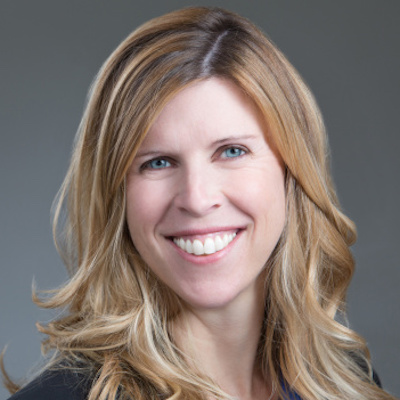
Raney Aronson-Rath

Cherian George
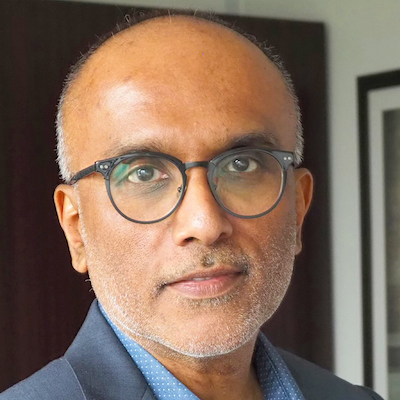
Cristina Tardáguila
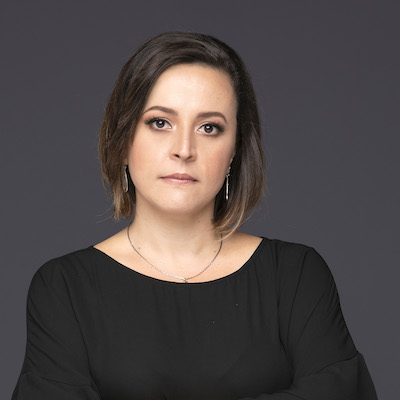
Jennifer Coogan

Jessica Clark

Amara Aguilar

Christoph Mergerson
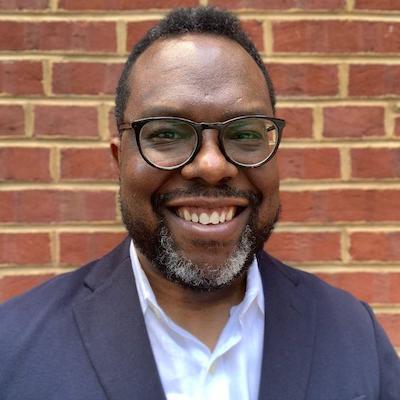
Gordon Crovitz

Zizi Papacharissi
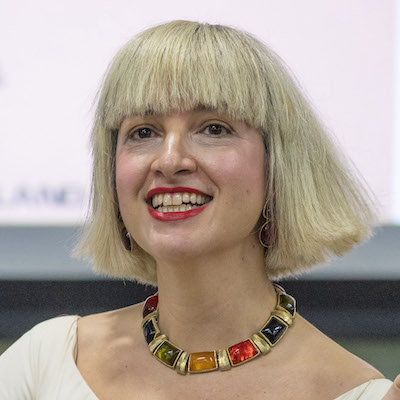
S. Mitra Kalita

Juleyka Lantigua

Sarah Stonbely

Shannon McGregor Carolyn Schmitt

Rachel Glickhouse

Gonzalo del Peon

Stefanie Murray

Laxmi Parthasarathy

Moreno Cruz Osório

Candace Amos
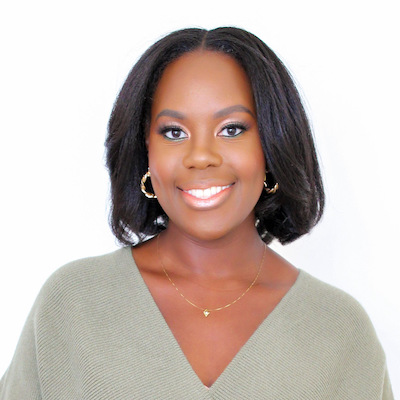
Izabella Kaminska
